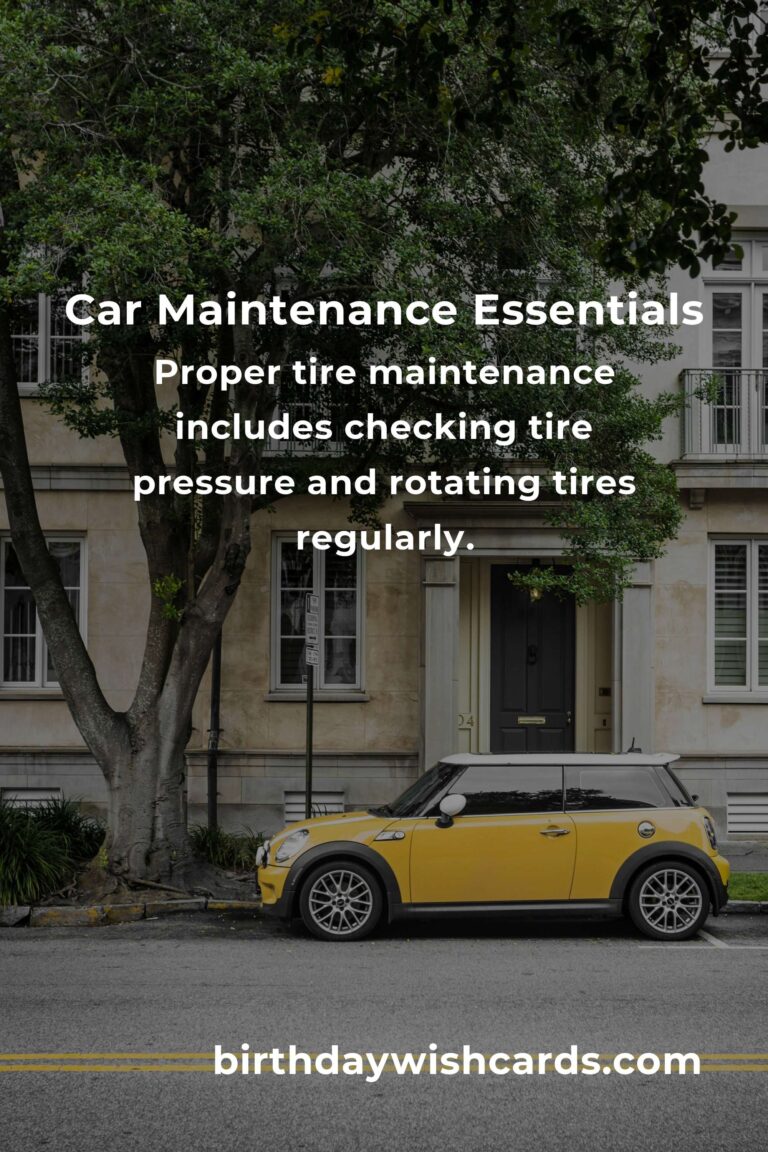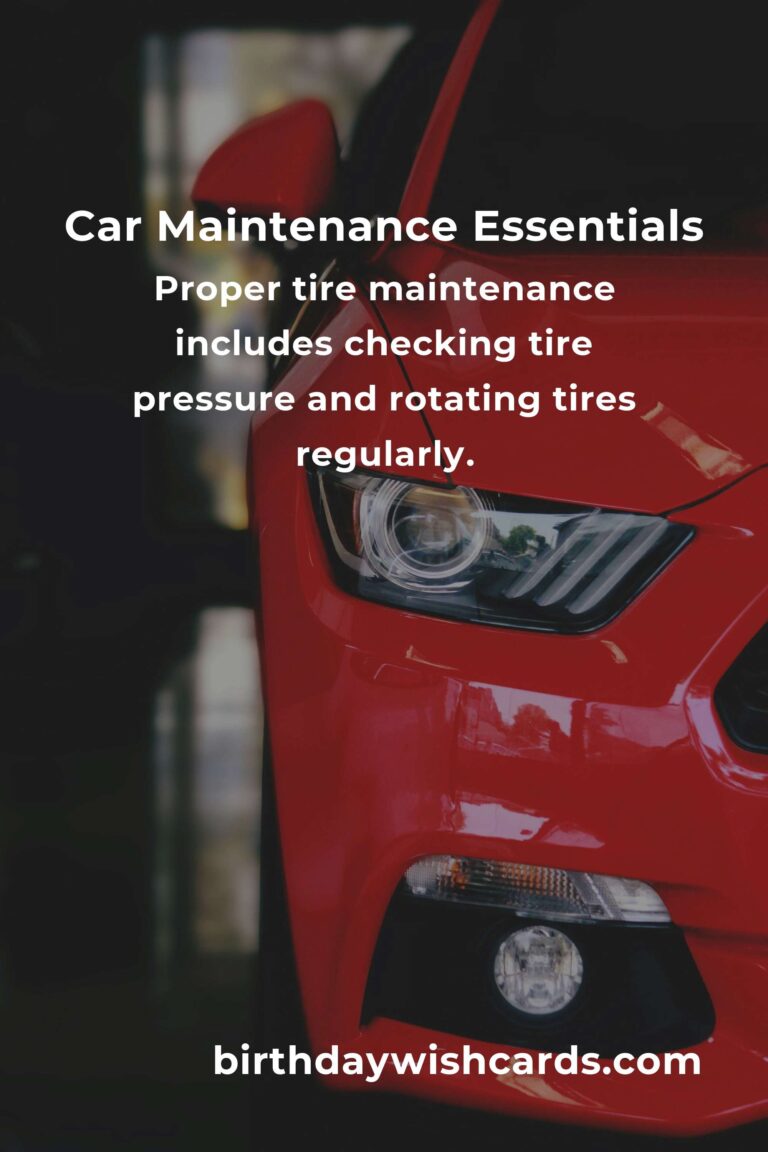
Maintaining a car can sometimes feel like a daunting task, but it is essential for ensuring the longevity and performance of your vehicle. With the right guidance and routine, car maintenance can become a straightforward and rewarding part of car ownership.
Regular Oil Changes
One of the most crucial aspects of car maintenance is regular oil changes. Oil is the lifeblood of your car’s engine, and without it, the engine can overheat and suffer severe damage. Experts recommend changing your car’s oil every 3,000 to 5,000 miles, depending on the type of oil used and the car’s specific needs.
Tire Care
Proper tire maintenance is essential for safety and efficiency. Regularly check your tire pressure using a reliable gauge, and ensure it meets the manufacturer’s specifications. Additionally, rotate your tires every 5,000 to 7,000 miles to promote even wear and extend their lifespan.
Brake System Inspection
Brakes are a critical safety component of any vehicle. Regular inspection and maintenance of your brake system can prevent failures and costly repairs. Look out for signs such as squeaking noises, a spongy brake pedal, or longer stopping distances, and have a professional inspect your brakes if you notice any of these issues.
Battery Maintenance
Your car’s battery is integral to its electrical system, and proper maintenance can prevent inconvenient breakdowns. Check your battery terminals regularly for corrosion and ensure they are clean and tightly connected. Also, be aware of your battery’s age, as most car batteries last between three to five years.
Regular Fluid Checks
Fluids are vital to your car’s operation, including coolant, transmission fluid, brake fluid, and power steering fluid. Regularly check these fluids to ensure they are at the appropriate levels and free from contaminants, which can affect your car’s performance and safety.
Air Filter Replacement
The air filter plays a significant role in keeping your engine clean and efficient. A clogged air filter can lead to reduced gas mileage and engine performance. It is recommended to check and replace the air filter every 12,000 to 15,000 miles or as advised by your vehicle’s manufacturer.
Professional Inspections
While routine maintenance can be done by car owners, professional inspections are invaluable. Mechanics can identify potential problems that may not be apparent to the untrained eye. Regular professional check-ups can prevent minor issues from becoming major repairs.
By adhering to these expert car maintenance tips, you can ensure your vehicle remains in top condition, providing you with safety, reliability, and peace of mind.
Maintaining a car is essential for ensuring the longevity and performance of your vehicle. Regular oil changes are crucial for the health of your car’s engine. Proper tire maintenance includes checking tire pressure and rotating tires regularly. Brake system inspection is critical for safety and preventing costly repairs. Battery maintenance can prevent inconvenient breakdowns. Regular fluid checks ensure your car’s operation and safety. Replacing the air filter is important for engine efficiency. Professional inspections can identify potential problems early.
#CarMaintenance #VehicleCare #AutoAdvice #CarTips













